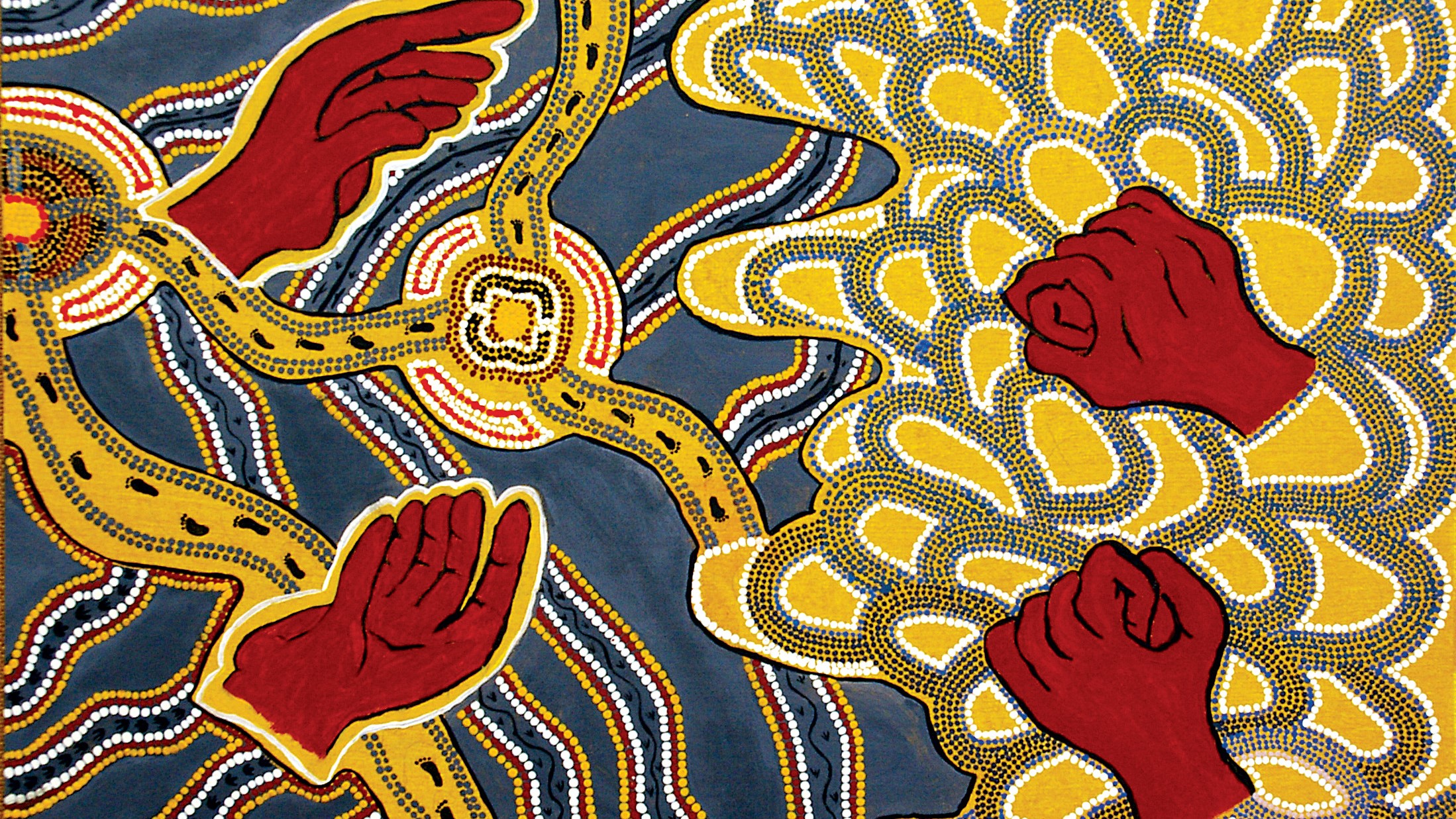
2014 Seminars
Presentation Type
Presentation
Location
The University of Notre Dame Australia, Broome Campus
Start Date
21-8-2014 12:30 PM
Description
The current debate about ‘Indigenous land tenure reform’ is skewed toward the neo-liberal view of private home ownership and capital accumulation at the expense of communal forms of tenure where the land value capture can benefit present and future generations and somewhat insulate low to middle income households from the vagaries of the housing market, especially in remote communities where no such market exists (if it ever will in its pure form). In this presentation I will give some insights into my current research into the just accommodation of customary land rights and interests into conventional land tenure systems. I will argue, as others have before me, that the current basis for admitting Aboriginal land rights into the Anglo-Australian framework of land law and tenure only continues the dispossession of colonialism, only this time under the guise of inalienability giving the Crown a monopoly power to extinguish customary land rights and interests, and I postulate that it is time to ‘puncture some legal orthodoxies’ in relating to property and land tenure.
Recommended Citation
Wensing, Edward, "“ Why Land Tenure Reform is Critical for the Social Reconstruction of Aboriginal People and Communities” - presented by Mr Ed Wensing, PhD Scholar at the National Centre for Indigenous Studies at the Australian National University" (2014). Talking Heads Seminar Series. 2.
https://researchonline.nd.edu.au/nulungu_talkingheads/2014/schedule/2
“ Why Land Tenure Reform is Critical for the Social Reconstruction of Aboriginal People and Communities” - presented by Mr Ed Wensing, PhD Scholar at the National Centre for Indigenous Studies at the Australian National University
The University of Notre Dame Australia, Broome Campus
The current debate about ‘Indigenous land tenure reform’ is skewed toward the neo-liberal view of private home ownership and capital accumulation at the expense of communal forms of tenure where the land value capture can benefit present and future generations and somewhat insulate low to middle income households from the vagaries of the housing market, especially in remote communities where no such market exists (if it ever will in its pure form). In this presentation I will give some insights into my current research into the just accommodation of customary land rights and interests into conventional land tenure systems. I will argue, as others have before me, that the current basis for admitting Aboriginal land rights into the Anglo-Australian framework of land law and tenure only continues the dispossession of colonialism, only this time under the guise of inalienability giving the Crown a monopoly power to extinguish customary land rights and interests, and I postulate that it is time to ‘puncture some legal orthodoxies’ in relating to property and land tenure.




